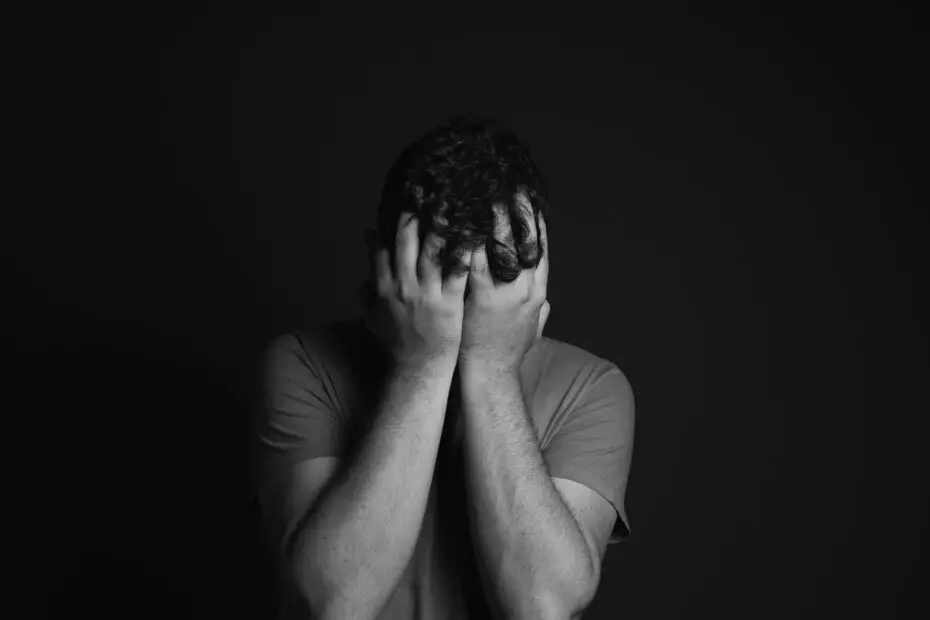Understanding Anxiety Disorders
What Are Anxiety Disorders?
This disorders are a category of mental health problems that cause people to be too scared or worried all the time. They are more than just normal nerves and can have a big impact on a person’s daily life, relationships, and health in general. These diseases are among of the most common mental health problems in the world, impacting millions of people.
Learning about anxiety disorders: what they are, how to tell if you have one, and how to deal with them
It’s normal to feel anxious sometimes. It’s our body’s way of getting us ready for problems or dangers. It’s quite normal to feel nervous before a major speech, a huge test, or a hard conversation. But if Axty gets too much, lasts too long, or is out of proportion to the event, it could be an indication of an anxiety disorder.
Types of Anxiety Disorders That Are Common
There are many different kinds of anxiety disorders, each with its unique set of symptoms and problems:
- Generalized Anxiety Disorder (GAD)
People with GAD worry too much about everyday things, even when there is little or no need to worry. This worry is hard to control and can make it hard to sleep, focus, and do everyday things.
2. Panic Disorder
This illness is characterized by sudden and recurrent episodes of severe terror, referred to as panic attacks. Some of the symptoms are chest discomfort, heart palpitations, shortness of breath, disorientation, and the impression that you are losing control or dying.
3. Social Anxiety Disorder (Social Phobia)
People with social Axty are very afraid of being criticized, embarrassed, or turned down in social or performance circumstances. People might stay away from gatherings, meetings, or even regular conversations.
4. Phobias that are specific
These are when you are very afraid of anything, including heights, spiders, flying, or needles. The fear is often not based on reason, but it makes people avoid things and feel bad.
5. Separation Anxiety Disorder
Separation anxiety is often thought of as a problem for kids, but it can happen to adults too. It entails an extreme fear of separation from others to whom one is emotionally connected.
6. Fear of open spaces
People with this syndrome are afraid of being in places where it might be hard to get away, like crowded venues, public transportation, or open areas. It can cause people to stay away from certain places.
7. Mutism that is selective
This disease, which is mostly seen in kids, makes it hard to talk in some social contexts but easy to talk in others. This is generally because the person is very anxious.
Symptoms That Are Common
Symptoms can differ based on the Axty disorder type, however many are similar:
- Always worrying or being scared
- Feeling “on edge” or restless
- Being tired
- Having trouble concentrating
- Being irritable
- Having tense muscles
- Not being able to sleep
- Avoiding situations that make you anxious
Panic attacks, which are commonly associated to panic disorder but not always, might include:
- Rapid heartbeat
- Sweating
- Trembling
Not Being able to breathe well - Feeling like you’re suffocating
- Nausea or stomach pain
Being afraid of losing control or dying
Kolbs Bed Wedge Pillow for Sleep Apnea, Sleeping Comfort, Relaxing, Acid Reflux, Heartburn and Back Pain Relief

Reasons and Things That Make It More Likely
Anxiety disorders are complicated and can be caused by a combination of genetic, biochemical, environmental, and psychological factors.
• Genetics: This can be hereditary.
• Brain Chemistry: Changes in neurotransmitters like serotonin and dopamine can also be a factor.
• Personality: Some attributes, such being a perfectionist or having low self-esteem, may make the risk higher.
• Life Experiences: Trauma, abuse, neglect, or long-term stress can all play a role.
• Medical Conditions: Problems with the heart, thyroid, or a long-term sickness can make anxiety worse or look like it.
• Using drugs, alcohol, or caffeine might make anxiety symptoms worse or start them.
Ways to deal with things and ways to get better
The good news is that Axty disorders can be treated quite well. People can take back control of their lives and live happy, meaningful lives with the correct help and techniques.
- Professional Therapy
- Cognitive Behavioral Therapy (CBT) is the most effective form of therapy for Axty. It helps individuals identify and challenge negative thought patterns and gradually face fears.
- Exposure Therapy is often used for phobias and PTSD, helping people confront and desensitize themselves to anxiety-provoking situations.
- Acceptance and Commitment Therapy (ACT) focuses on accepting anxiety and committing to actions aligned with personal values.
- Medication
- Antidepressants, particularly SSRIs and SNRIs, are commonly prescribed.
- Benzodiazepines may be used short-term for acute Axty but are not recommended for long-term use due to dependency risks.
- Beta-blockers can help with the physical symptoms of Axty, especially in social situations.
- Lifestyle Adjustments
- Exercise: Regular physical activity reduces stress and improves mood.
- Sleep: Maintaining a consistent sleep routine supports emotional regulation.
- Nutrition: A balanced diet helps stabilize energy and mood.
- Mindfulness & Meditation: Practices like deep breathing, yoga, and mindfulness meditation can calm the nervous system.
- Limit stimulants: Reduce caffeine and alcohol, which can heighten anxiety.
- Self-Help Tools
- Journaling to identify triggers and patterns
- Setting realistic goals and breaking tasks into smaller steps
- Connecting with others who understand or share similar experiences
- Using anxiety apps that offer guided exercises and coping techniques
Helping a Loved One with disorder
If someone you care about is having trouble with anxiety:
- Listen without judging
- Validate their feelings
- Encourage them to get expert treatment
- Be patient and reassure them
- Don’t advise them to “just relax” or brush aside their anxieties
Understanding goes a long way. Your help can make a big difference in how quickly they get better.
When to seek help
It’s crucial to get professional help if anxiety is making your life worse, lasting for a long time, or causing you suffering. Getting help early helps stop anxiety from getting worse and enhance long-term results.
This disorders are real, happen to a lot of people, and can be treated. You may feel alone when you have anxiety, but you are not. There is help available. It’s completely possible to deal with anxiety and go forward with strength and resilience if you have the necessary skills, patience, and understanding. Asking for help is not a show of weakness; it is a sign of strength. It could be the first step toward a more peaceful and balanced life.


